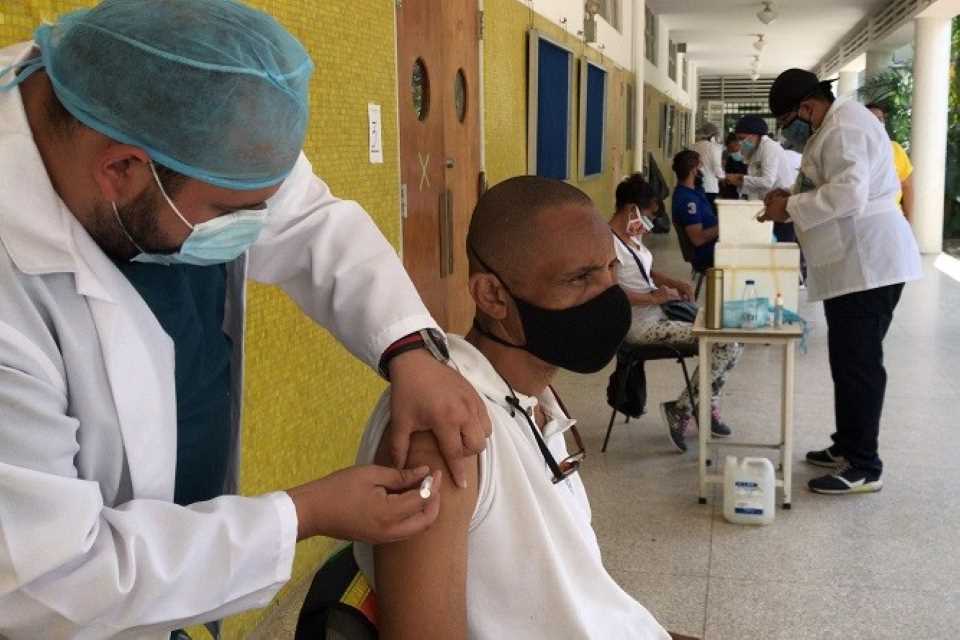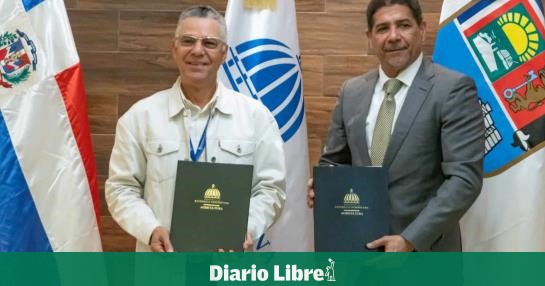At the beginning of April, the economist specialized in competition, Sebastián Fleitas, consulted the Commission for the Promotion and Defense of Competition —a decentralized body of the Ministry of Economy and Finance (MEF)— on the legality of price agreements reached between national competitors in the beef chain and the poultry chain.
The consultation was based on news in the press and public announcements made in March, where it was reported that a un agreement on the marketing prices of cuts of meat such as roast and otherand one for freeze the selling price of eggs.
Fleitas expressed on the occasion that “there seems to be no doubt that this is a concerted practice between competitors, whose objective is to directly or indirectly establish prices or other commercial or service conditions,” says the commission’s report.
The commission responded to the consultation this Monday and affirmed that the price agreements are a prohibited practice no matter how much the State participatesif they are not based on a law of general interest or decree that cites a law of general interest.
Second, the Commission understood that not enough evidence yet to determine whether or not there were price agreements in the examples presented -despite the explicit statements of the authorities and the audios- while the procedures for the investigation must be developed, granting the interested parties the guarantees of due process, the report explains.
Although given the previous point, it should be clarified that, if these practices existed, the commission would consider them illegal, Fleitas explained to The Observer.
Third, the MEF commission decided to initiate a preparatory measure (investigation) to analyze and collect complementary information linked to the markets mentioned in the consultation, and determine if this time there were illegal agreements, or if the public statements of various actors, “including the president, ministers, senators and economic actors were a misunderstanding,” he explained. the Economist.
“Although they have been practices widely announced in the press releases and mentioned by the president (Luis Lacalle Pou), ministers and other actors, this resolution of the commission and its willingness to investigate is very important,” Fleitas wrote in a Twitter thread.
However, even if they are made legally, it is worth clarifying that the main danger of the agreements is that they generate collusion, that is, the companies, instead of competing, get used to setting prices together (explicitly or tacitly).
– Sebastian Fleitas (@sebafle) May 24, 2022
“The main danger of the agreements is that they generate the muscle for companies to set prices together (explicitly as now or tacitly in the future if they agree to raise prices),” warned the economist.
“If the political system wants to continue using this mechanism, perhaps it could review competition legislation to include de minimis clauses, which leave these practices out of the ban, or create specific laws for these agreements,” Fleitas suggested.
However, he noted that “even if they are made legally —it is worth clarifying that the main danger of the agreements is that they generate collusion—, that is, the companies, instead of competing, get used to setting prices together (explicitly or tacitly).
“This practice has been insisted on as an instrument to contain inflation. However, not even in this field has it proven to be effective. Bad wherever you look at it,” the economist and professor of macroeconomics, José Licandro, responded to that Fleitas Twitter thread. .






